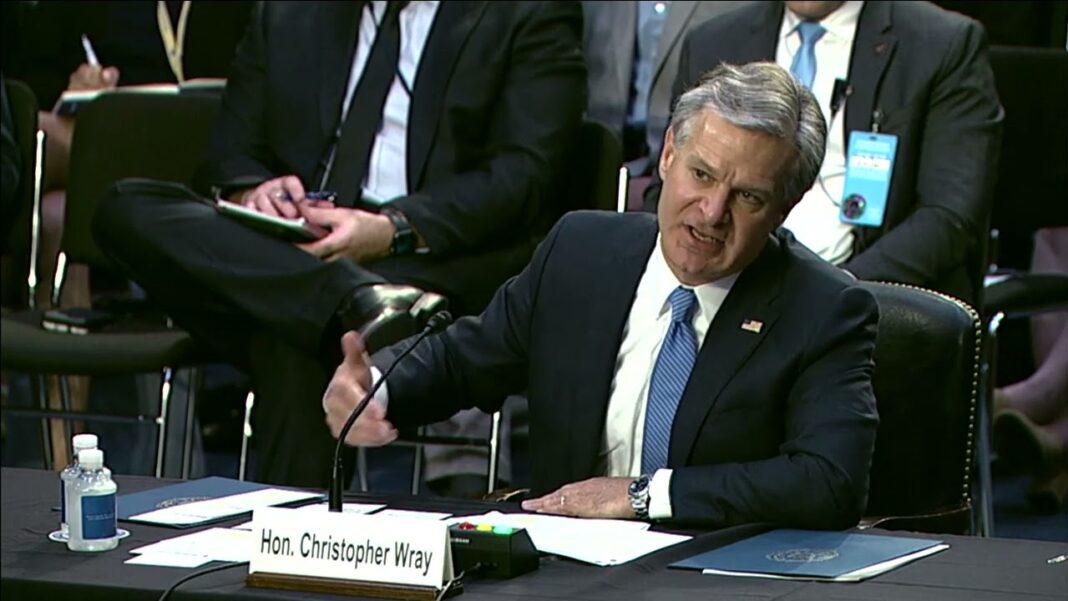Buried beneath the earth in the vast deserts of western China there are hundreds of new missile silos slated to hold deadly payloads. Some of them will house conventional weapons, others nuclear, and Western leaders don’t know which is which.
That is because China’s reigning communist regime co-locates its nuclear and conventional missiles, mixing them together and placing them under the same command centers.
The Chinese Communist Party’s (CCP) rush to build these new missile silos, and to construct nuclear weapons to occupy them, corresponds to the regime’s efforts to cement its leadership over a burgeoning bloc of anti-Western states that seek an end to U.S. hegemony in world affairs.
Or, in their terms, “multipolarity.”
According to several experts, China’s nuclear expansion combined with its de facto alliance with Russia will have far-reaching consequences for U.S. nuclear strategy, and the United States is not prepared for the change.
That is because the U.S. nuclear arsenal and strategy have only ever been designed to contend with one adversary: Russia. The extension of the nuclear threat to several unique actors is therefore one of the great strategic challenges of the 21st century, and one the United States will only get one chance to respond to.
“The United States certainly faces a significant challenge ahead as nuclear threats from not just one, but several actors, advance,” said Patty-Jane Geller, a senior policy analyst at the Heritage Foundation, a conservative think tank, in an email.
“It will need to ensure it has tailored deterrence strategies against each adversary, and find the most efficient way to develop a nuclear posture that can address multiple threats at once.”
Axis and Allies
China’s communist leadership is increasing its ties with nuclear Russia and working closely with nuclear aspirants like Iran and North Korea. More and more, those relationships are tinted with an explicitly anti-American ideological backing.
When CCP leader Xi Jinping met with Russian President Vladimir Putin in Uzbekistan for a security summit in September, their respective nations issued a joint statement, titled the “Samarkand Declaration,” vowing to pursue a “multipolar world order.”








